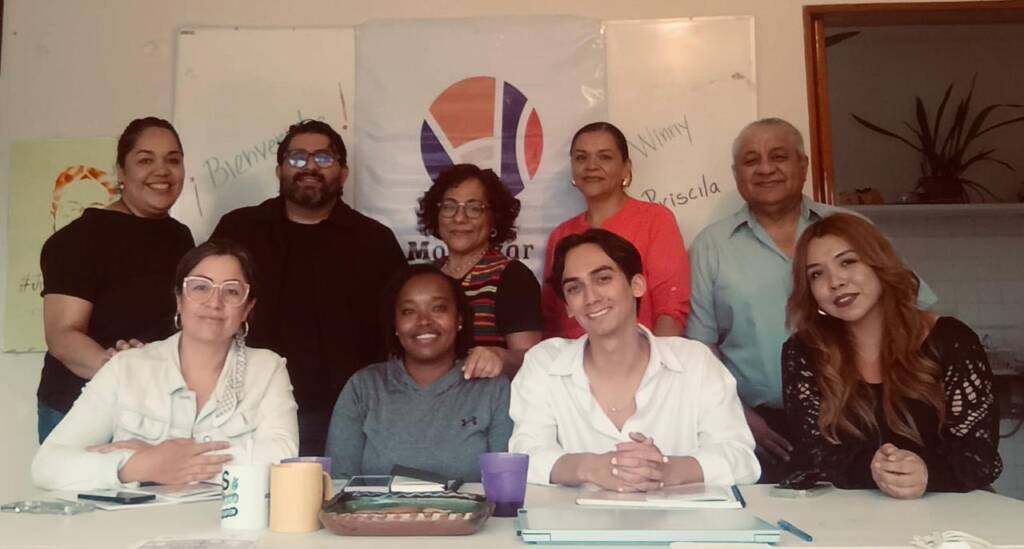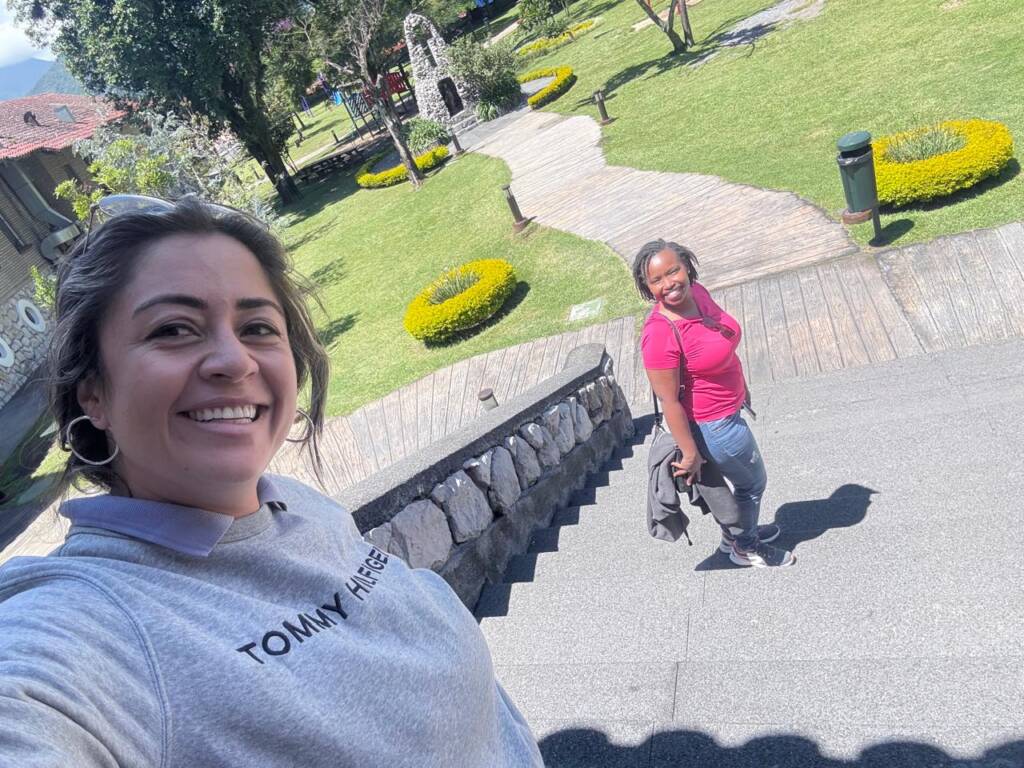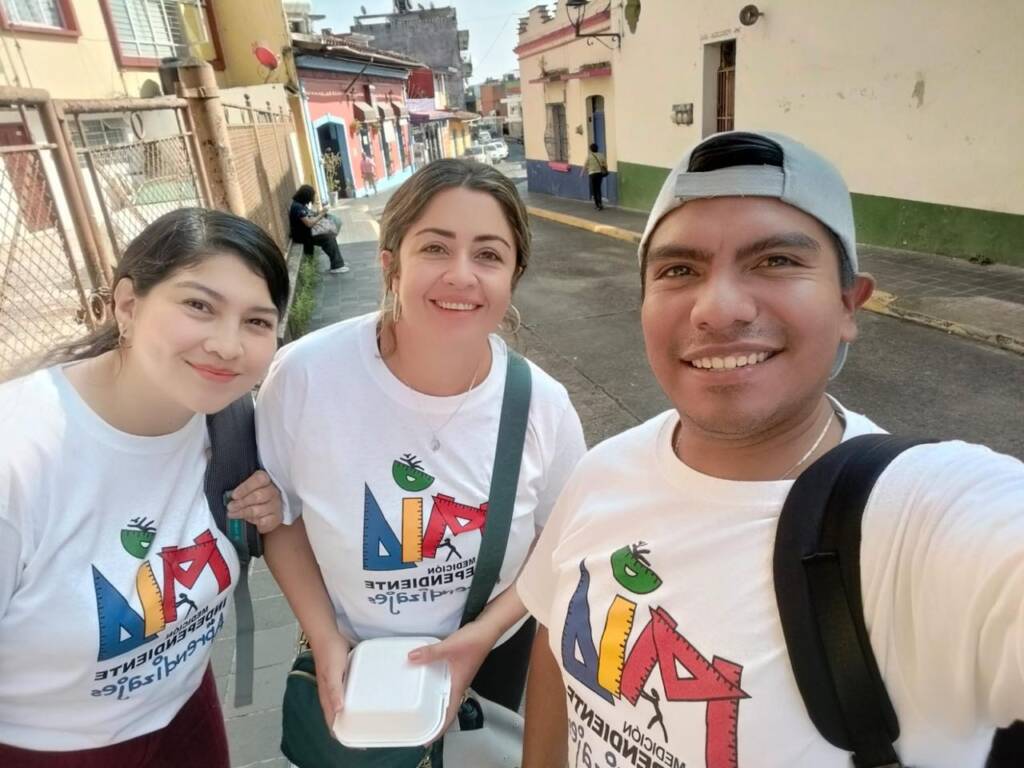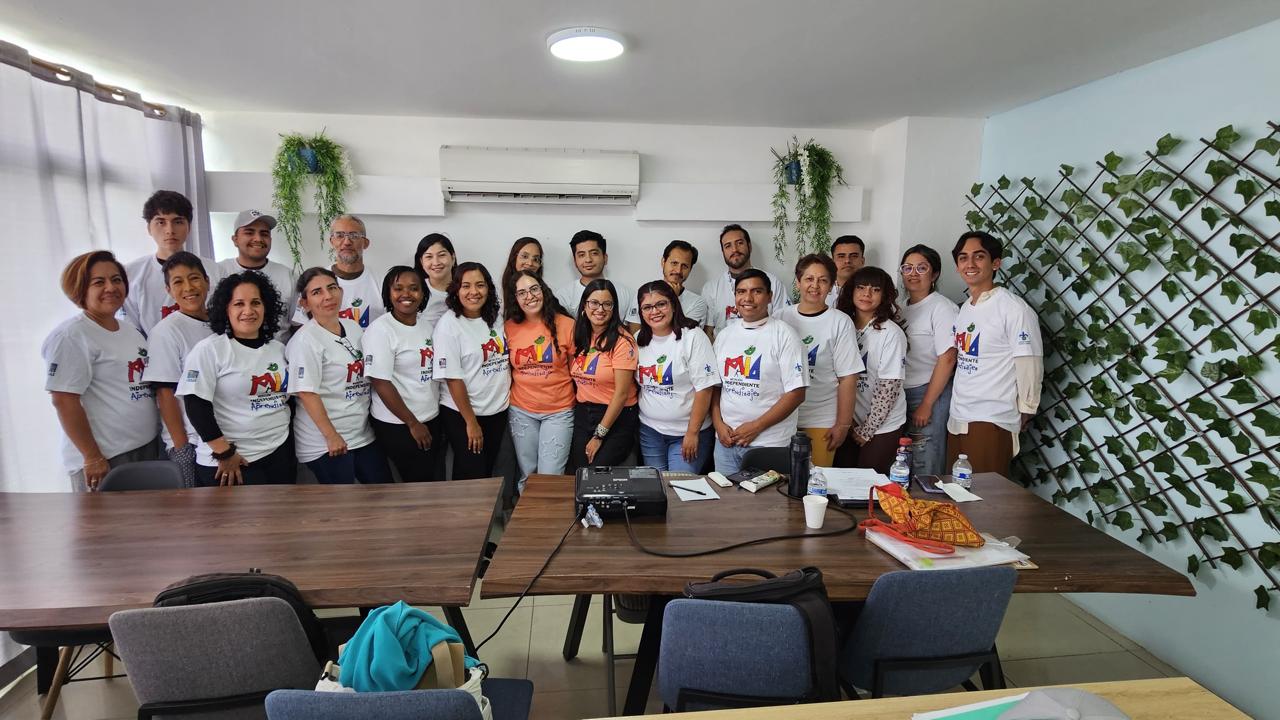During the week of August 17 – 24, I had the wonderful opportunity to be invited by the PAL Network (Kenya, Africa) to carry out a training process with the MIA (Independent Measurement of Learning) team in the city of Xalapa, Mexico.
The purpose of the training focused on ICAN-ICAR (International Common Assessments for Numeracy and Reading), a set of tools designed to measure and compare foundational learning in mathematics (ICAN) and reading (ICAR) among children worldwide, using a Citizen-Led Assessment (CLA) approach.
The training was carried out by the MIA Mexico team, experts in other evaluations and members of PAL Network, who are currently implementing citizen-led assessments at large across 21 states of the Central American country.
The first days were focused on theoretical, methodological, and logistical training, followed by fieldwork. There, I learned about the power of household-based assessments, as they make it possible to reveal not only the levels of children’s learning in reading and mathematics but also other realities linked to social, historical, and political conditions that influence the development of these areas. These insights allow institutions and the government to reflect on the data provided by the surveys. On the other hand, I believe that these non-school-based assessments also make it possible to identify children and adolescents between the ages of 5 and 16 who are outside the school system.
Other learnings with MIA A.C.

In addition to the training process, I had the experience of sharing with the organization MIA A.C. (Mobilize, Innovate, and Learn), a group of professionals and teachers who have been carrying out educational initiatives in Mexico around socioemotional learning, teaching reading, writing from a gender perspective, and human rights education.
The work of this team is very important, as it comes from interdisciplinary areas that contribute to the education of children, adolescents, and teachers. Its directors, Edith Méndez and Carlos, have demonstrated that through experience and continuity in social and educational processes, it is possible to continue contributing to the reconstruction of the social fabric, especially through the school as a place that prepares people for life.
Mexico: a cultural, gastronomic, and linguistic experience

In addition to the training process, I took advantage of my stay to visit some towns in the state of Veracruz with Winny Cherotich and Jorge Cruz, representatives of the PAL Network. On these trips, we encountered diverse foods with an original touch of chili peppers. We also visited magical towns with castles, museums, artisans producing leather goods, theaters, traditional dances of the region, among other things.
These spaces also made possible a linguistic exchange in which I learned many Mexican expressions, but they also became opportunities to practice a bit of English, French, and to get to know other native languages of Kenya and Mexico.
Finally, it is worth highlighting the insights gained through the experiences of Anabel Velásquez, Samana Vergara, and Felipe Hevia, PhDs and researchers at the Universidad Veracruzana and directors of the MIA organization. With these knowledge exchanges, I reaffirm my role as a teacher, researcher, and leader of educational and social processes, and we agreed that it is necessary to continue contributing to quality education.
About the experience for GLOT
As director of GLOT, the training I received with PAL Network allows us to envision carrying out a large-scale evaluation in Colombia in the coming years. Although we have institutions in the country that have conducted school-based evaluations, we see great importance in doing so at the household level, since we can also obtain precise evidence that enables us to analyze how Colombian girls and boys are learning, taking into account their background and current context.
All of this calls on us as an organization to continue innovating and carrying out research, educational, pedagogical, and didactic actions to improve the teaching of reading, writing, speaking, and mathematics in different contexts of Colombia.


